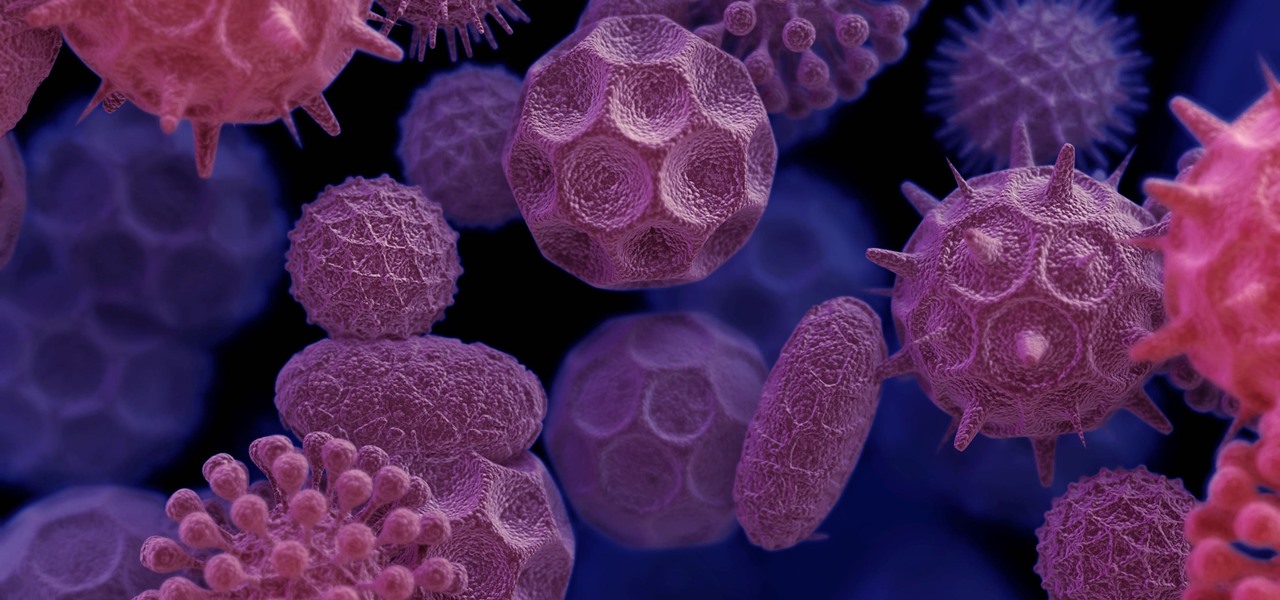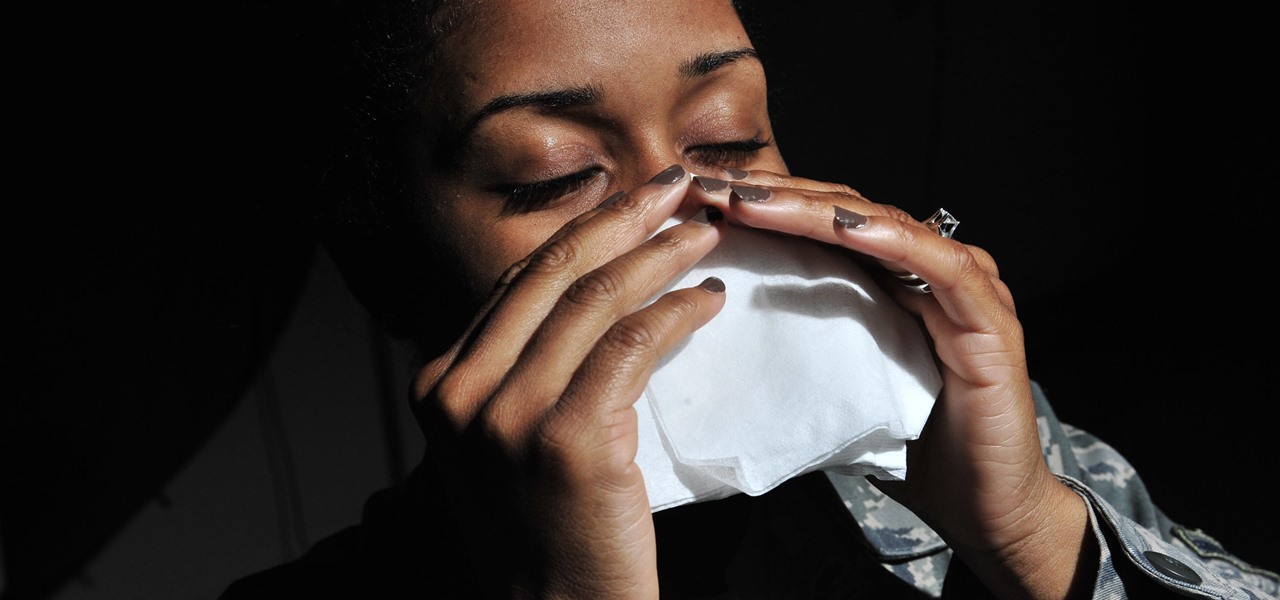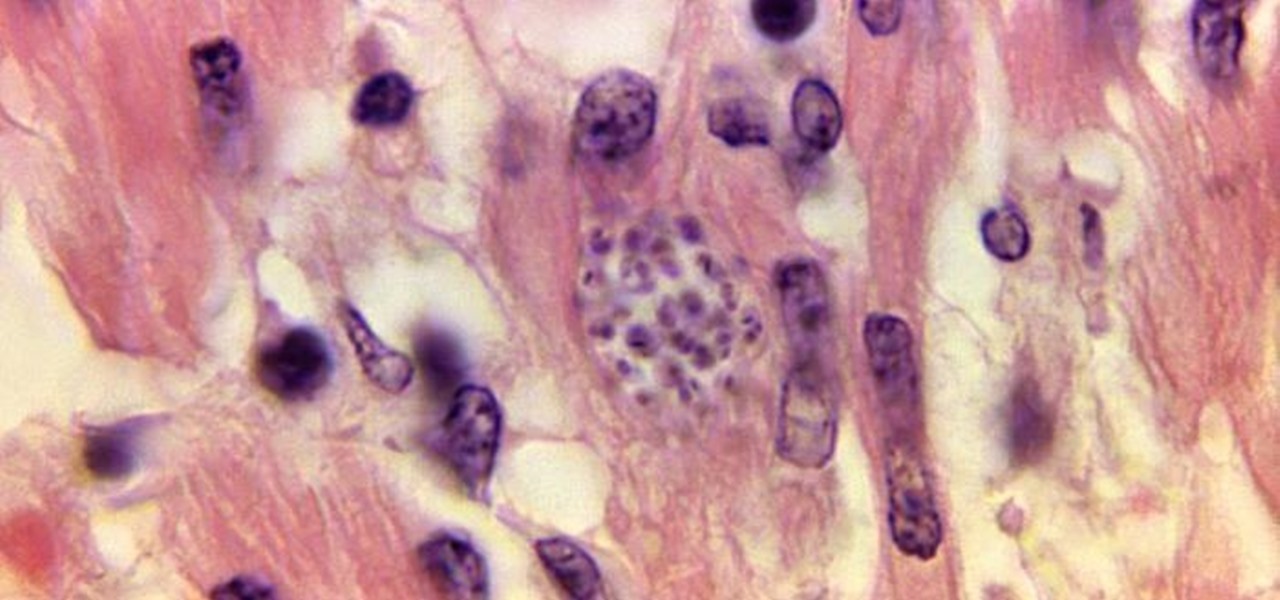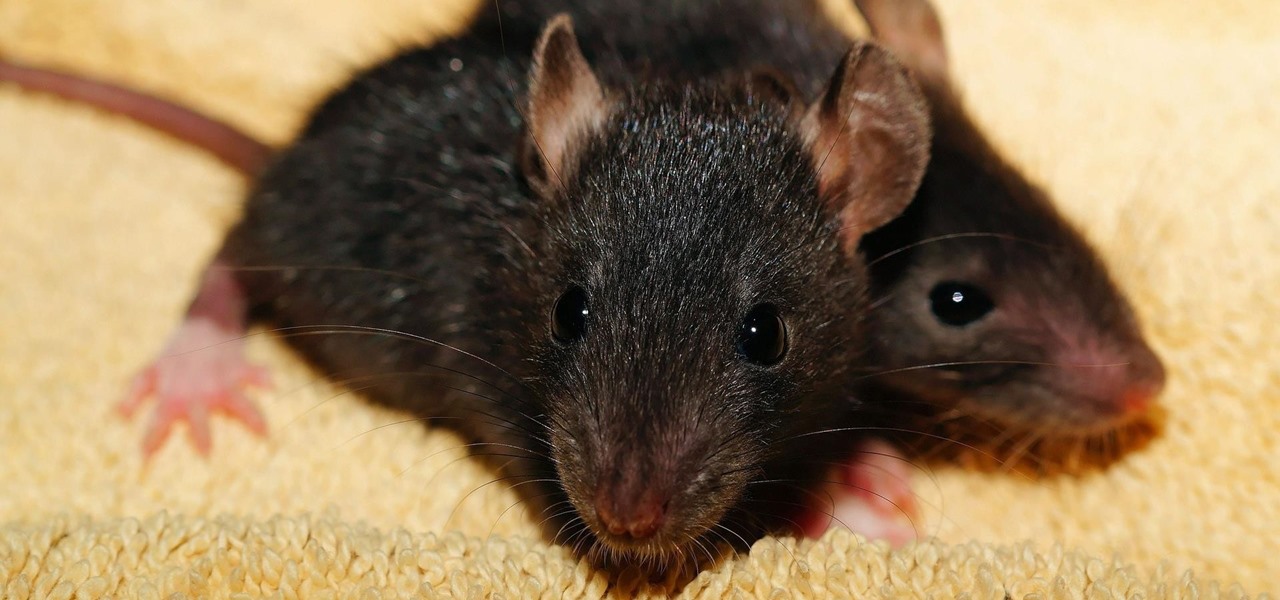Invisiverse Features


News: Latent HIV Can Hide, but Can't Escape Detection with New Test
HIV infections persist despite treatment that successfully decreases viral blood levels to the point where doctors can't detect the virus. But that doesn't mean the person is cured. The virus hides in the body, not replicating, just waiting for a chance to jump out of the shadows and reemerge.

News: Microbe That Causes Sepsis & Meningitis Has Mutated into a New Sexually Transmitted Disease
The ability of one microbe to adapt is giving it a whole new career as a sexually transmitted disease. Usually content with the back of the throat and nose of those who carry it, the dangerous pathogen Neisseria meningitidis has adapted to cause an illness that looks a lot like gonorrhea.
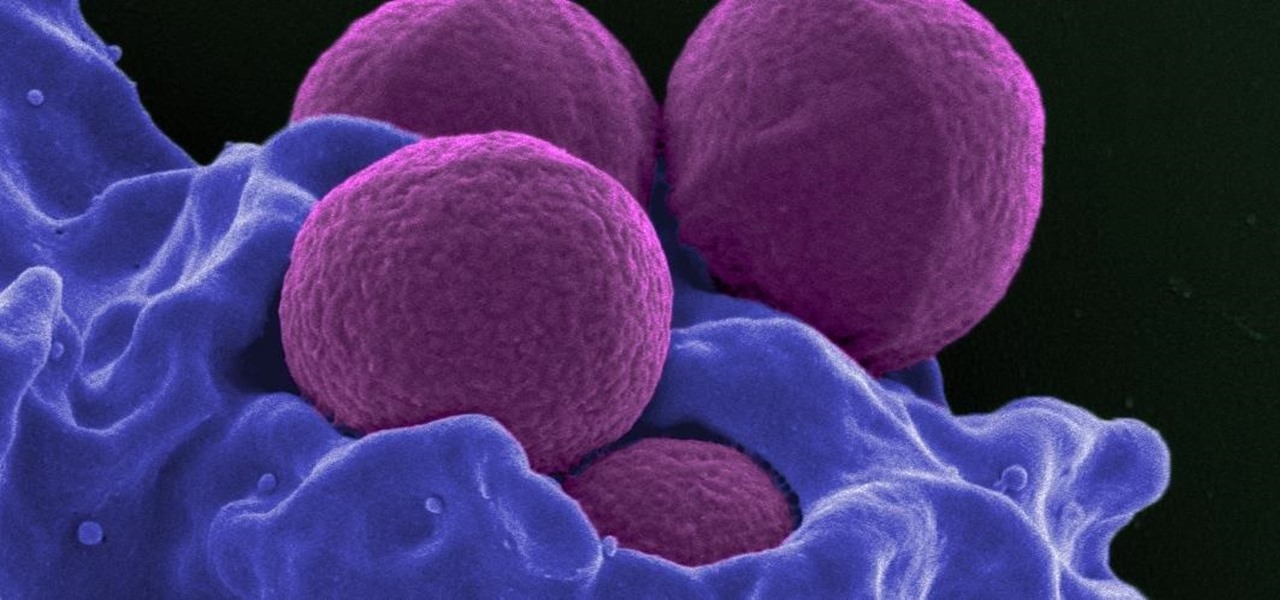
News: Happy News: Common Drugs May Save You from MRSA
Staphylococcus aureus is a widespread bacteria — about a third of us have it on our body right now — usually in our nose or on our skin. And it probably isn't causing an infection. But, about 1% of people who have Staphylococcus aureus present have a type that is resistant to the antibiotic methicillin.

News: Radical Theory Linking Alzheimer's to Infections Could Revolutionize Treatment
There are all kinds of theories—many supported by science—about what causes Alzheimer's disease. Tangles of protein called ß-amyloid (pronounced beta amyloid) plaques are prominently on the list of possible causes or, at least, contributors. An emerging theory of the disease suggests that those plaques aren't the problem, but are actually our brains' defenders. They show up to help fight an infection, and decades later, they become the problem.
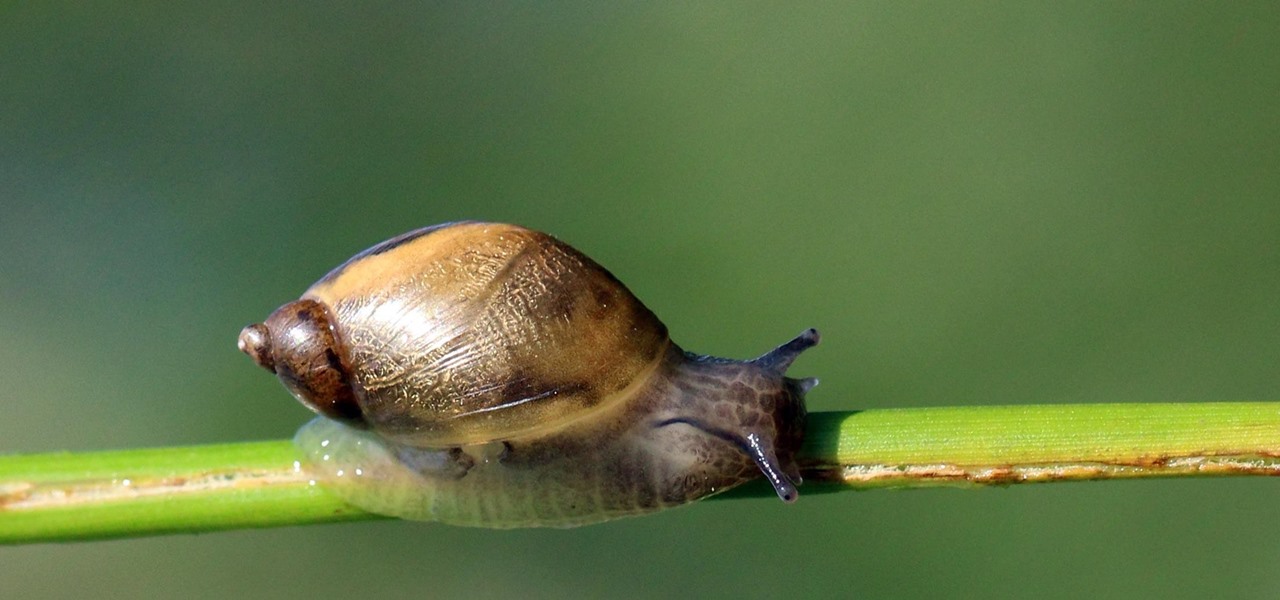
News: Deadly Lungworm Parasite Spread by Rats & Snails Is More Prevalent Than We Thought
Deadly rat lungworm parasites have found their way into Florida. The parasitic worm relies on snails and rats to complete its life cycle, but don't let this nematode's name fool you. This worm can cause meningitis and death in humans who inadvertently consume snails, frogs, or crustaceans harboring the infective parasite.

How To: Tell if You Have a Cold or the Flu
Have the sniffles? Yes. Does your head hurt? Yes. Coughing? Yes. Could you have influenza? Yes. How do you know the difference? With these symptoms, you could also have a cold.

News: Another Good Reason to Keep Your Cat Indoors — Tick Bites Can Kill
Like humans, cats can suffer infections caused by ticks, and too often, the disease is fatal. Learn about tickborne diseases that affect cats and what you can do to protect Fluffy from an untimely demise.

News: Arizona Woman Dies After Catching Tularemia from Her Dog
On June 11, 2016, an Arizona woman died from what appeared to be several infections, including pneumonia. She likely caught at least one of these from her dog.

News: A Common Cancer-Causing Mono Virus Has a Special Trick to Hide from the Body's Defenses
Most of us have already had an encounter with the Epstein-Barr virus, or EBV, for short. As part of the herpes family, it's one of the most common disease-causing viruses in humans. We get the disease with (or without) some nasty symptoms, then we recover. However, EBV stays in our body after the illness has ended, and it's one of the few viruses known to cause cancer.

News: Beware Your Child's Sandbox — Dangerous Pathogens Could Be Playing There Too
For younger children, a day at the playground is not complete without some sandbox time. Long a favorite of children and parents, sandboxes could also be sheltering dangerous pathogens.

HPV: Almost Half of Adult Men in US Have This Cancer-Causing STD
Despite the availability of a vaccine against it, almost 50% of men aged 18-59 in the US are infected with the human papillomavirus (HPV). Why?

News: Don't Believe That Whole Wheat Is Healthier — Your Gut Bacteria May Think Differently
Move over whole wheat — white bread may be back in style after a new study shows that it may be your gut microbes that decide what kind of bread is best for you.
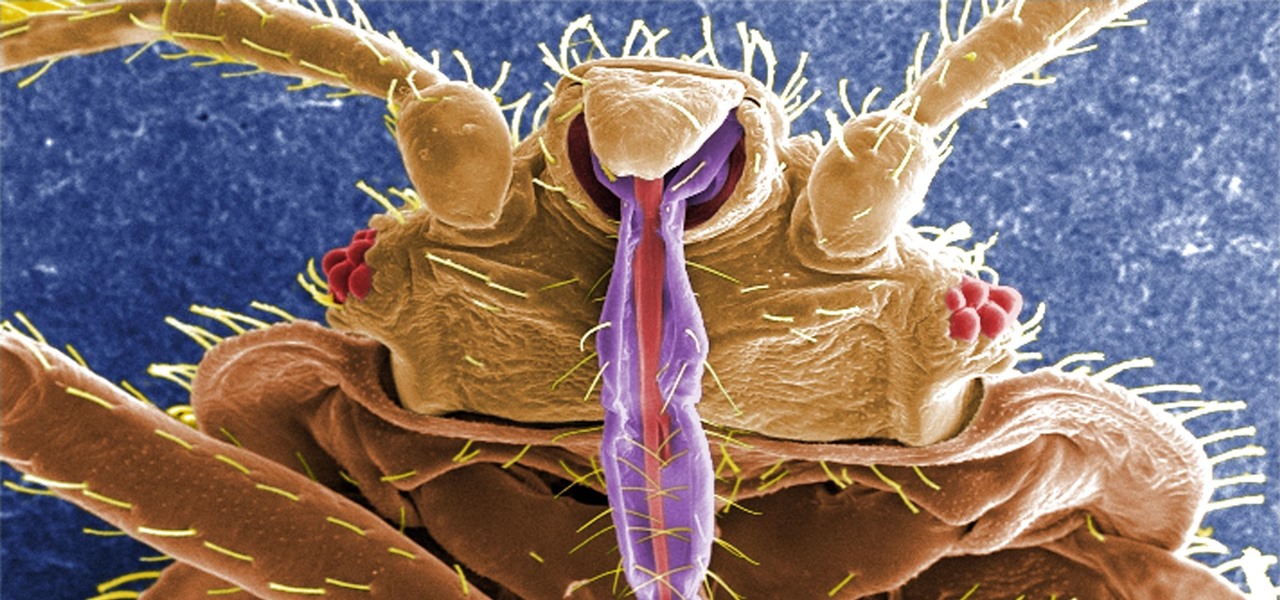
News: Bed Bugs Are Becoming Resistant to All of Our Insecticides—This Fungus Might Help
If you have encountered bed bugs lately, you are not alone. While the pesticides used to fight these pests are losing effectiveness, a fungus shows promise in knocking the bugs out of beds everywhere.
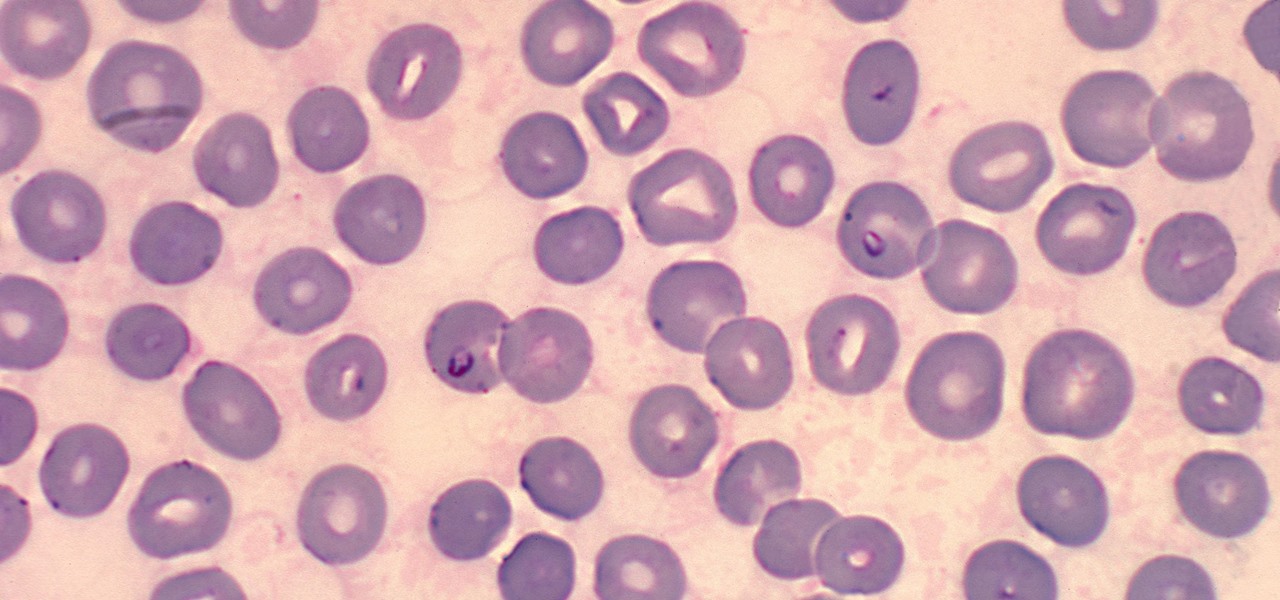
News: CDC Reports 2600% Increase in Tick-Borne Babesiosis Infections in Wisconsin in 12 Years
It is not just a bad summer for ticks — it has been a bad decade for the spread of tick-borne infections. New surveillance from the CDC reports rapid expansion and increase in cases of babesiosis, a sometimes life-threatening disease, in Wisconsin.

News: Dogs Could Be Spreading Antibiotic-Resistant Infections to Their Owners
Our canine best friends could spread our bacterial worst nightmare, according to a recent study. The problem with drug-resistant bacteria is well known. Overused, poorly used, and naturally adaptive bacteria clearly have us outnumbered. As science drives hard to find alternative drugs, therapies, and options to treat increasingly resistant infections, humans are treading water, hoping our drugs of last resort work until we figure out better strategies.

News: Some Treatments for 'Chronic Lyme' Are More Deadly Than the Disease Itself
While Lyme disease can be disabling, the wrong treatment for the infection can be fatal.

News: More Than 20 Pathogens Found Lurking in Medical Marijuana—Dosing Users with (Potentially) Deadly Fungus
Marijuana is legal to use for medical purposes in 28 states and the District of Columbia, but the quick development of this new industry could have left some regulation issues in the lurch.

The Giving Plant: Same Asian Plant Used for Arthritis Treatment Gives Us Powerful HIV Drug
Natural remedies used through the ages abound, especially in Asian medicine. The willow-leaved justicia plant, found throughout Southeast Asia, has traditionally been used to treat arthritis, but scientists have just discovered it contains an anti-HIVcompound more potent than AZT. AZT was the first drug approved to treat HIV, and is still used in HIV combination therapy today.

News: Use This Type of Repellent to Avoid Mosquitoes—& Zika
Responding to the emergence of Zika in the US, researchers investigated what type of repellent works best to reduce your odds of a mosquito bite from Aedes aegypti, the mosquito species that spreads the Zika virus.
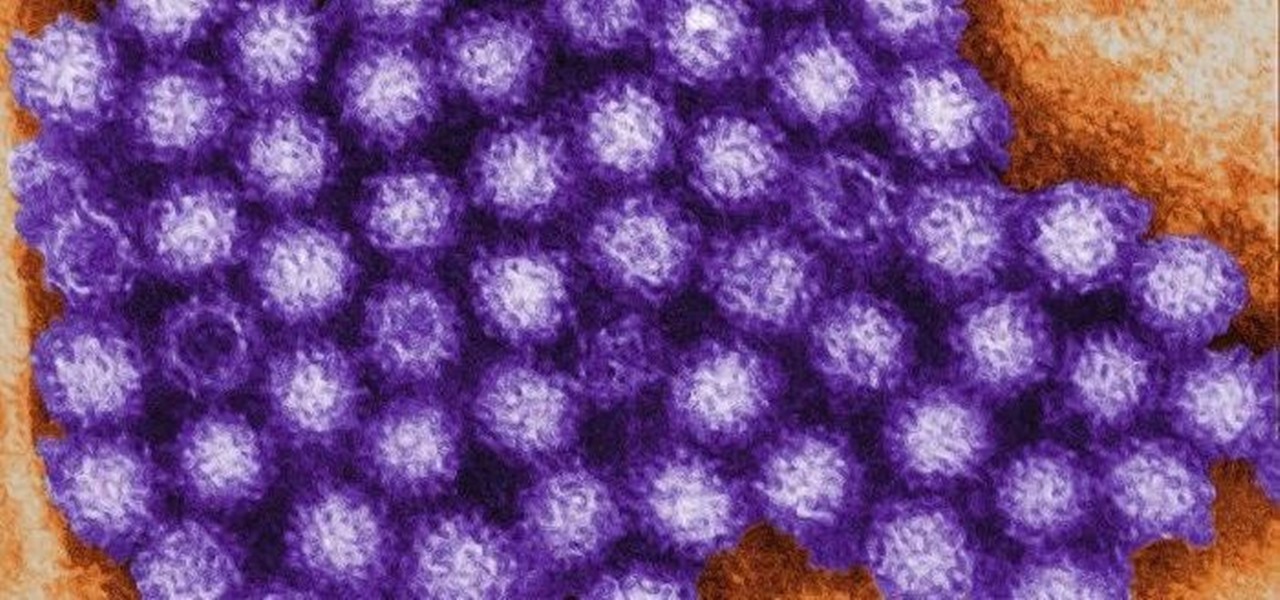
News: The Stomach Flu Is Not a Flu—Here's What You Really Have
Have you ever had the stomach flu, aka the 24-hour flu? Well, chances are high that you never had influenza, but an intestinal infection called gastroenteritis.
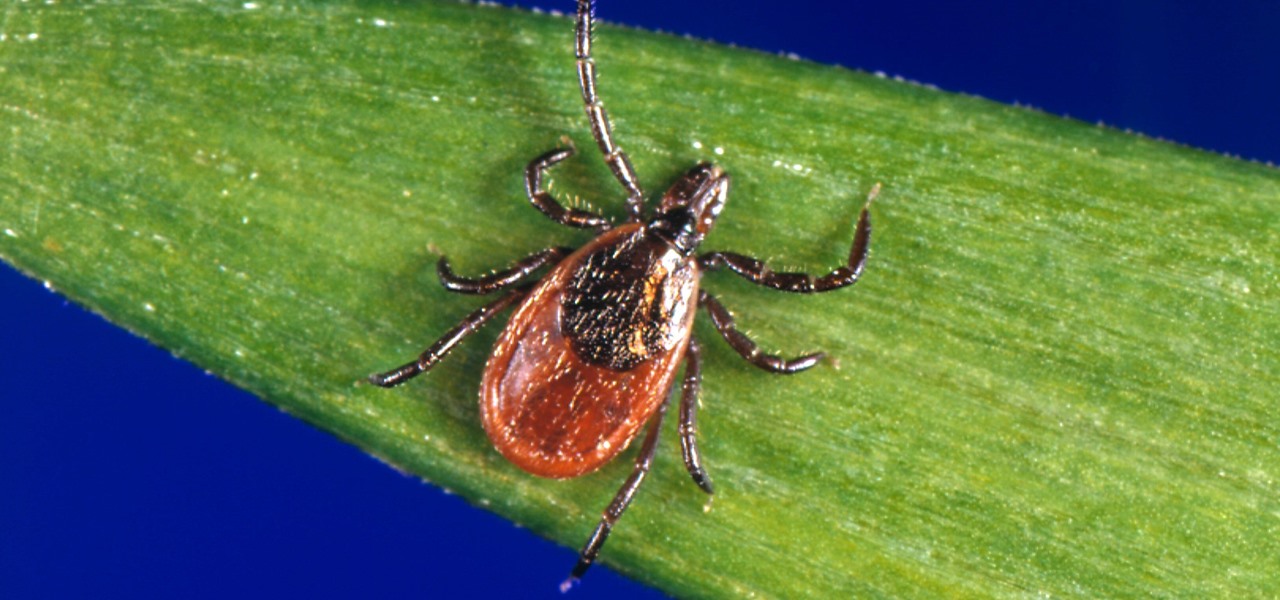
Powassan Virus: New Test Reveals Rare Tick-Borne Disease More Dangerous Than Lyme
In the US, ticks can spread several pathogens in one bite. A new test offers physicians the ability to identify what infections ticks are carrying and can detect if one of the pathogens could be the spreading Powassan virus.
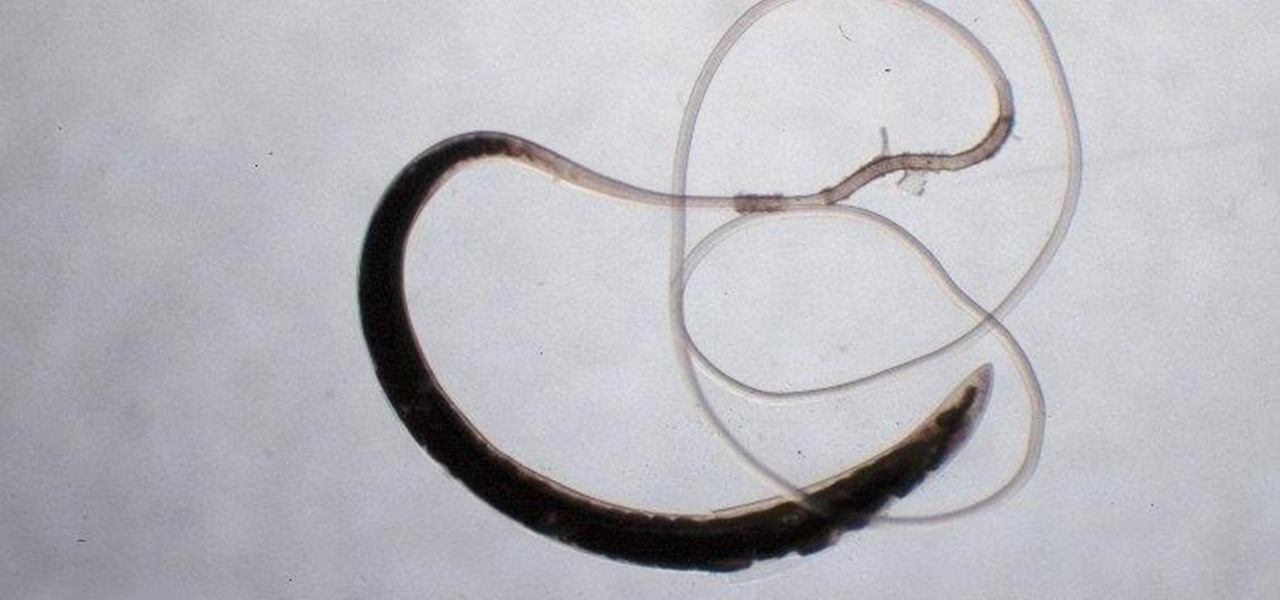
News: A New Compound Kills the Growth-Stunting Whipworm Parasite That Infects Half a Billion People
Somewhere around 600–800 million people in the world are infected with whipworm (Trichuris trichiura), an infection they got from ingesting soil or water contaminated with feces of infected animals or people containing the parasite's eggs.

News: New Study Shows that Superbug E. Coli Gets Stronger & More Dangerous When Doctors Use the Wrong Antibiotics
Although their effectiveness is waning, antibiotics remain a front-line defense against many infections. However, new science reveals using the wrong antibiotic for an infection could makes things much worse.
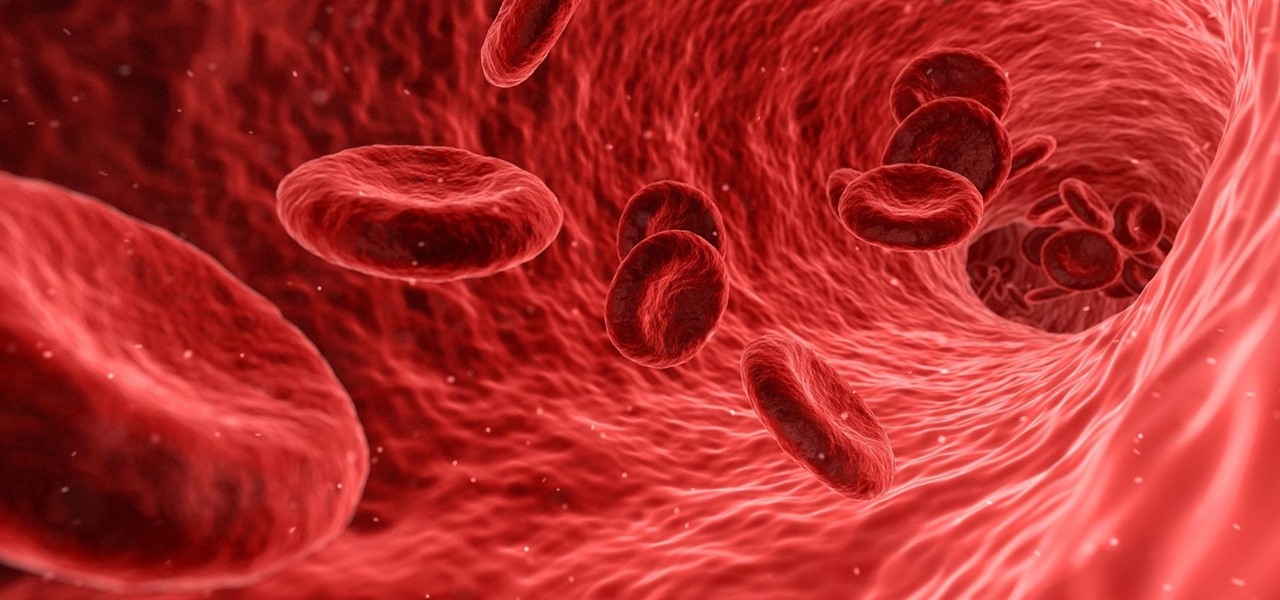
News: How Gut Bacteria Increase Your Risk of Heart Attack and Stroke
The evidence is mounting and is becoming indisputable: Gut bacteria play a role in strokes and heart attacks. The link may seem a little far-fetched, but cardiovascular disease may have less to do with what we eat and more to do with what chemicals gut bacteria make from the food we eat.

PSA: Dangerous Fungus May Be an Uninvited Guest at Your 4/20 Celebration This Year
Every party has a pooper, and that's why you're reading this article. We don't mean to be a downer on such a fun day as 4/20, but it's important to make sure you know about the source of your pot, especially if you're one of the 2,299,016 people who use medical marijuana in the US.

News: How Diet, Gut Bacteria & Time Work Together to Form Your Potbelly
Potbellies don't have to happen as we age, according to two studies done on twins published online in the International Journal of Obesity.

Mystery Solved: Oil-Munching Bacteria Helped Clean Up the Deepwater Horizon Oil Spill
The Deepwater Horizon oil spill that began on April 20, 2010, was the largest maritime oil spill in history. Killing 11 people and discharging 4.1 million barrels of oil and natural gas into the Gulf of Mexico, the event was an unparalleled personal, environmental, and business disaster. It was also the first major oil spill to take place in the deep ocean.
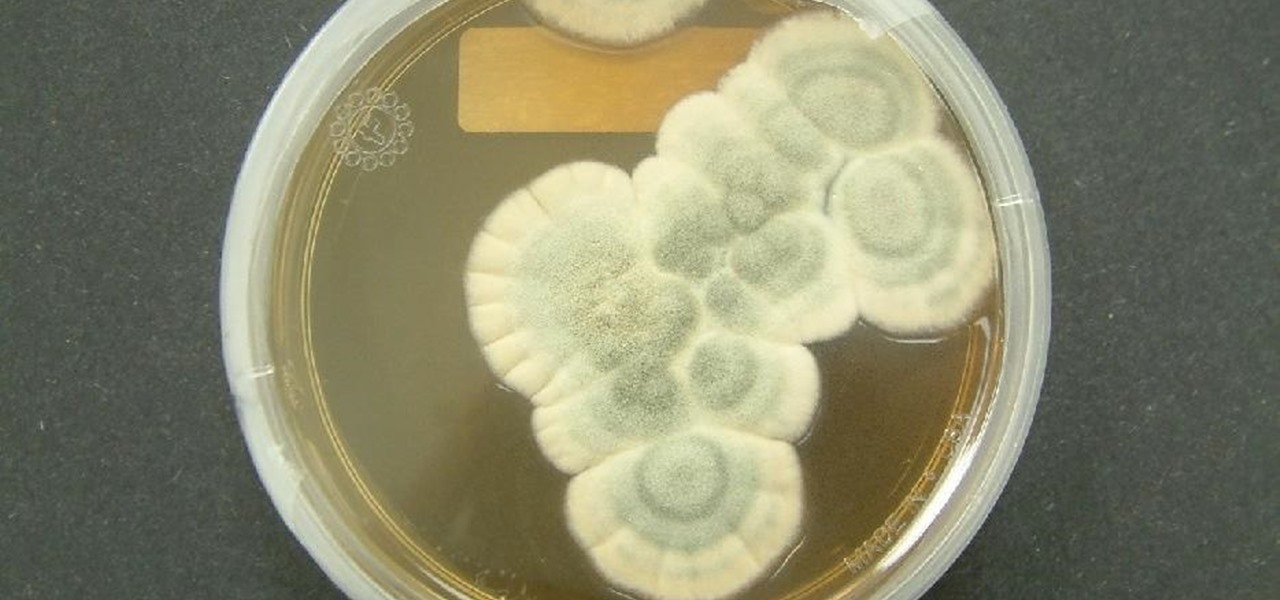
News: Your Doctor May Start Giving You Penicillin Even if You're Allergic
A new study has found that up to half of people who think they have a penicillin "allergy" can still receive the drug, and other antibiotics with similar structures, without any negative reactions to the meds. Why? Because they're not really allergic, doctors say.

News: How to Get Rid of Bed Bugs Using Less Pesticide
Bed bugs are parasites not yet known to spread disease — but they cause plenty of irritation. As scientists and landlords search for new ways to deal with the pests, a new study examines how we can deter bed bugs without so many chemicals.
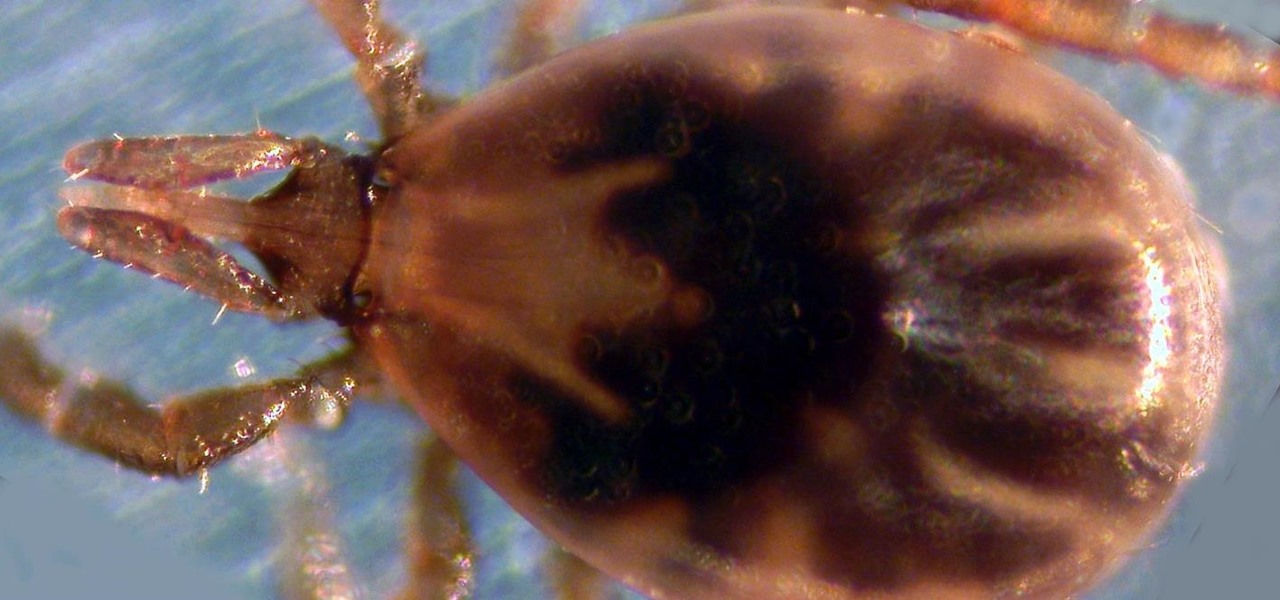
News: Visiting a National Park in the East? Watch for Lyme-Spreading Ticks
Transmitted by ticks, Lyme disease is a serious infection that is probably headed your way. A recent study confirms the pathogen that causes Lyme disease is now established in nine national parks in the East, including Acadia and Shenandoah National Parks.
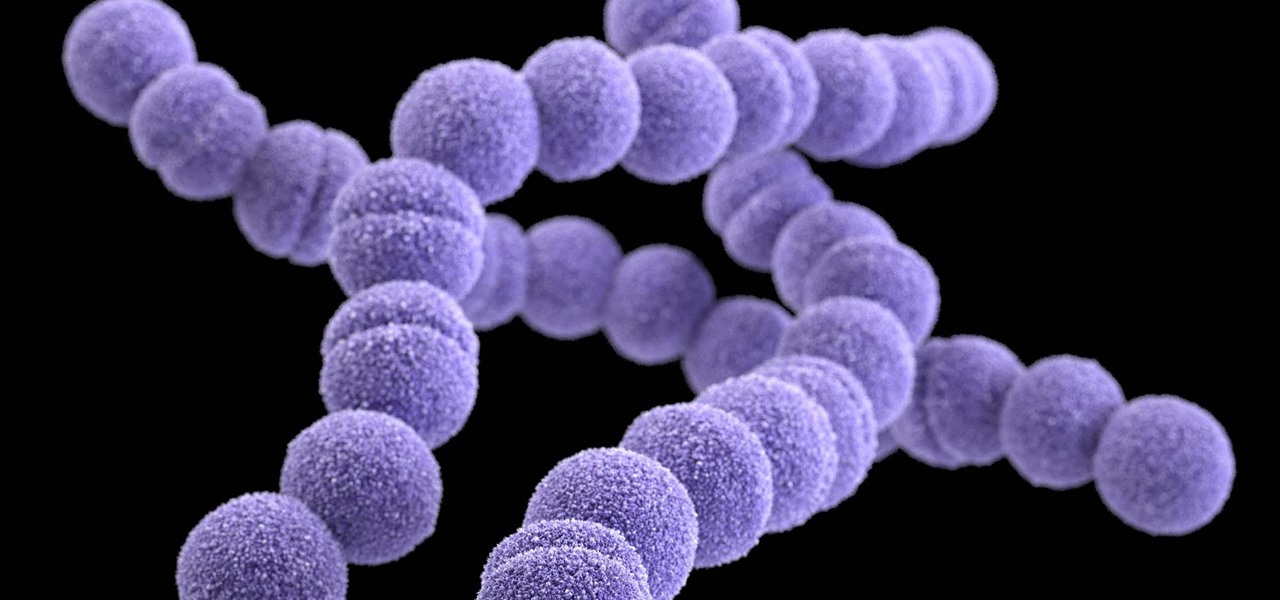
News: New Finding Shows How Deadly, Flesh-Eating Strep Toxins Help the Bacteria Burrow Deeper into Tissues
Where in the world did it come from? All of a sudden, one day, someone had an infection with flesh-eating bacteria. It captured headlines and worldwide attention because it was such a severe, strange, uncontrollable, and really disgusting condition.

News: Bed Bugs Are in a Lot of Hotel Rooms — Here's How to Spot Them
Bed bugs are brown and creepy. Could you spot one in your hotel room? A new study reveals most people are freaked out by bed bugs, but only about 35% could identify one.
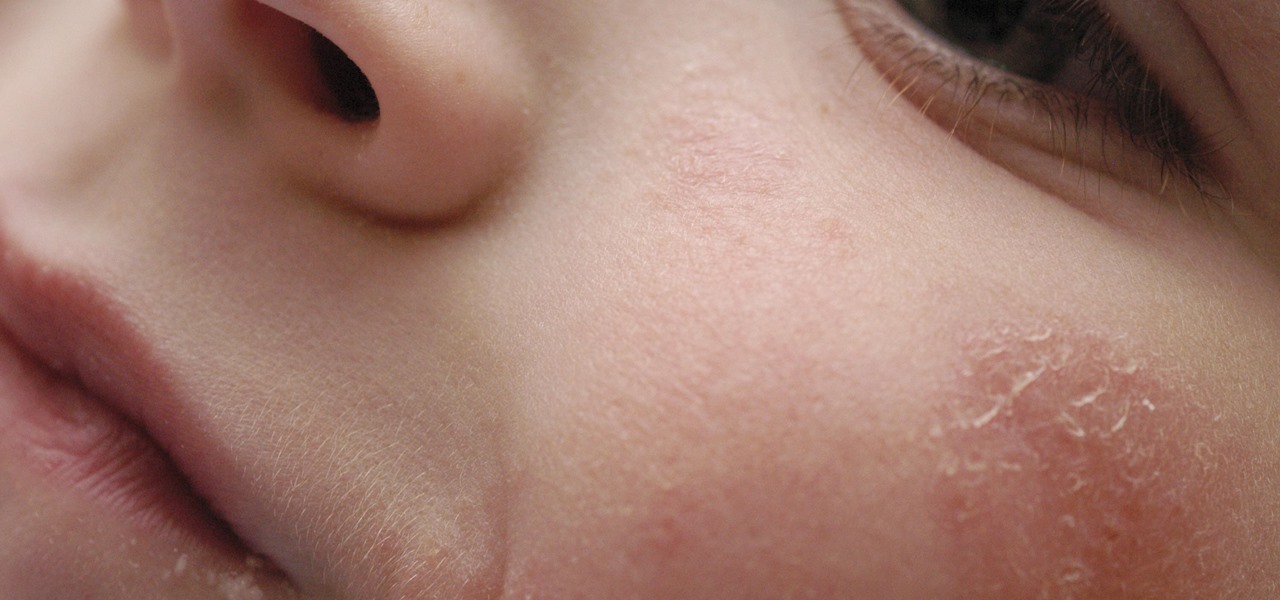
News: New 'Personalized Lotions' Made of Good Skin Bacteria Can Prevent Infections, Including MRSA
Most people know atopic dermatitis by its common name, eczema—that dry, flaky skin that itches incessantly. Along with the scratching comes frequent skin infections, often with Staphylococcus aureus.
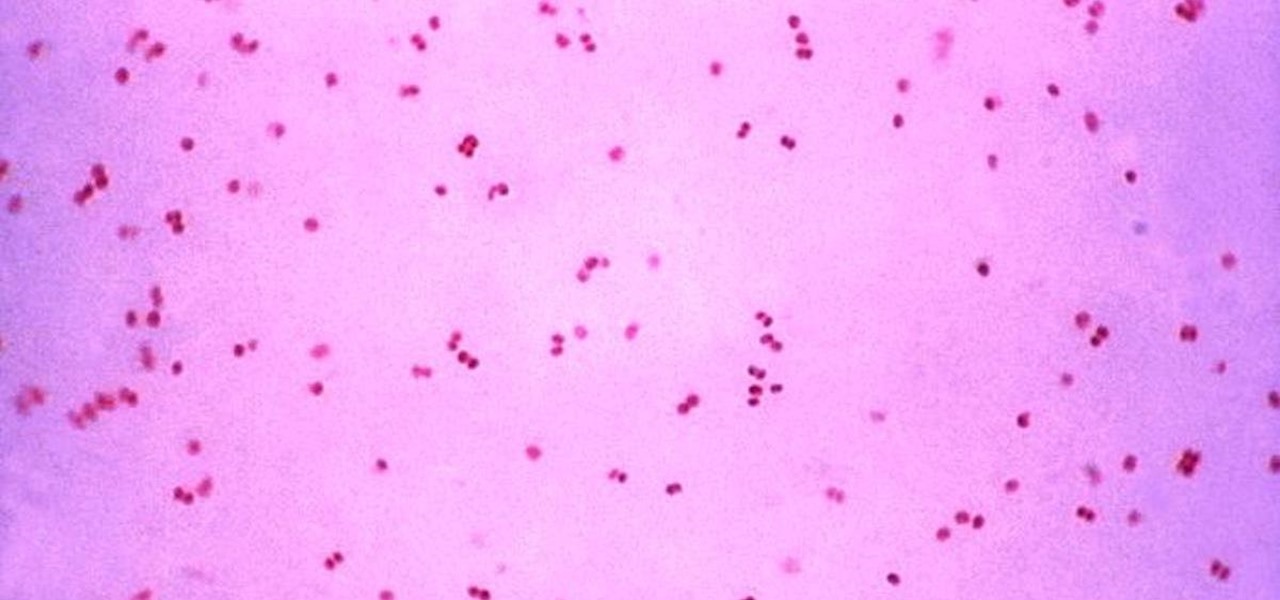
News: Finally, a New Drug Against 'Untreatable' Gonorrhea
Gonorrhea infections reached a peak in 1975, then decreased until 2009, when infection rate started rising and has increased each year since. With the rise of antibiotic resistance, those numbers are only going to get worse — unless we find new treatments against the bacteria.
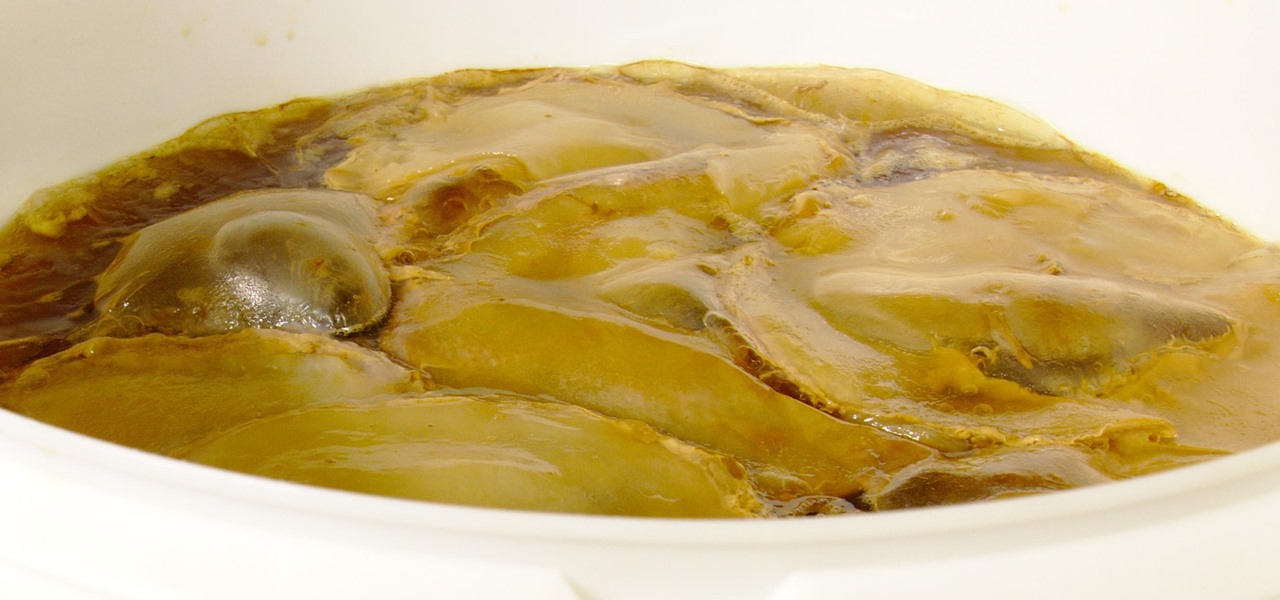
News: How Probiotics & Prebiotics Keep the Microbes in Your Gut Healthy
Bacteria gets a bad rap. Most headlines focus on the danger and discomfort posed by pathogens like bacteria, but many of the bacteria that live on and in us are vital to our health. Many products out there, called probiotics, are sold with the implication that they're supporting these healthy bacteria that share our bodies — but do they actually work?
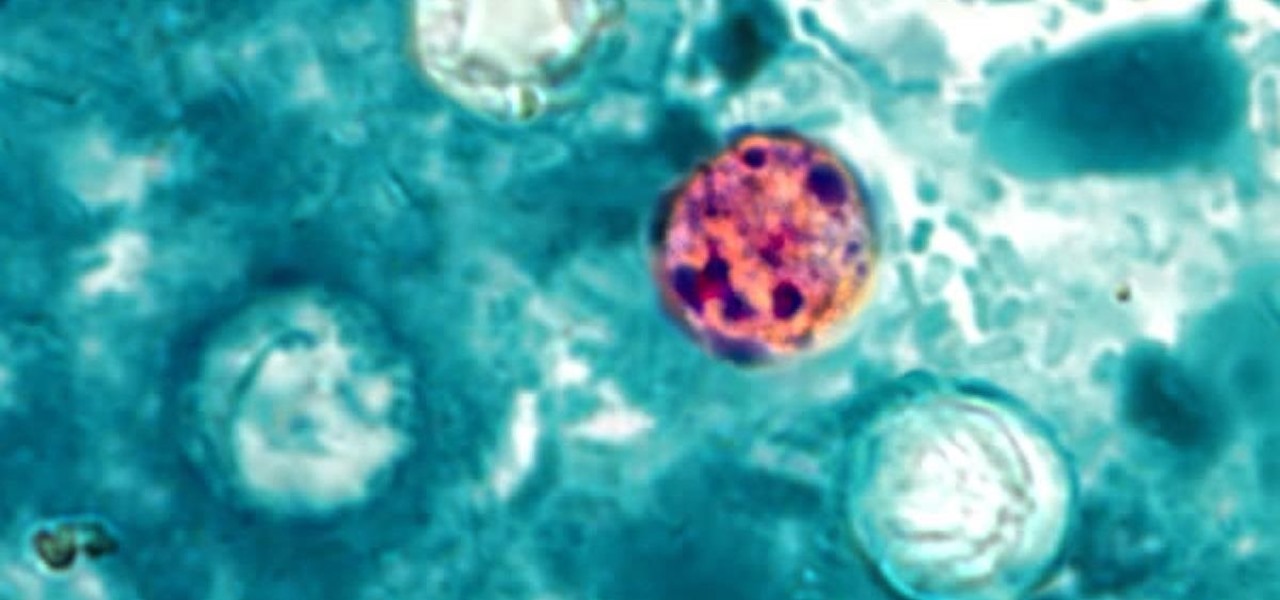
News: CDC Warns About a Big Spike in Cyclospora Infections — Here's What That Is & How to Avoid It
The intestinal parasite Cyclospora cayetanensis has a dramatically increased infection rate this summer, and the source is still unknown, the CDC advised today. 2017 is a good year for Cyclospora looking for homes to start their families and a bad year for those of us who don't like food-stealing tenants living in our bodies.

News: Microbes Are Everywhere—But Those on Your Cell Phone Can Be Dangerous, Especially During Cold & Flu Season
It won't come as a surprise to hear that your cell phone, tablet, and laptop are loaded with bacteria and other organic material. While most of these bacteria are harmless, there are good reasons to reduce the capability of your mobile devices to infect you—or other people.

News: Hospital Floors May Look Clean, but They're Teeming with Deadly Superbugs—Including MRSA, VRE & C. Diff
Hospitals are places we go to get well, and we don't expect to get sick or sicker there. But a study from researchers at the Cleveland Clinic, Case Western Reserve University School of Medicine, and Cleveland VA Medical Center in Ohio found that hospital floors in patient rooms were frequently contaminated with healthcare-associated pathogens—often dangerous multi-drug resistant bacteria.

Space 'Shrooms: NASA Identifies What Kind of Fungi Could Grow in a Mars Habitat
Wherever there are people, the party is sure to follow. Well, a party of microbes, at least. That is what scientists at NASA's Jet Propulsion Laboratory have found after a 30-day microbial observation of the inflatable lunar/Mars analog habitat (IMAH).

News: Potentially Serious Flea-Spread Disease Expanding Its Territory in Texas
A sometimes serious disease spread by fleas is making inroads in Texas, quietly doubling case numbers since 2008, and beginning to encroach on larger metropolitan areas.
